September 20, 2016
New project invites organisations to explore issue of workplace wellbeing 0
 Are our offices making us sick? This is the question addressed by a new research project looking at the link between health in the workplace and access to the natural environment. The study is backed by the Soil Association, is endorsed by Kate Humble and Hugh Fearnley Whittingstall and draws on studies from the past thirty years which have also addressed the issue. The Good Life Project aims to provide evidence-based and cost-effective solutions to the benefits of nature in making businesses happier, healthier and more profitable. The project is led by behaviour expert and author Jez Rose along with a team of psychologists and neuroscientists and is endorsed by the Soil Association. The Project is designed to overcome the problem of workplace absenteeism by trying out a range of workplace initiatives based around the natural environment to see what sort of difference they make to an employee’s feeling of wellbeing.
Are our offices making us sick? This is the question addressed by a new research project looking at the link between health in the workplace and access to the natural environment. The study is backed by the Soil Association, is endorsed by Kate Humble and Hugh Fearnley Whittingstall and draws on studies from the past thirty years which have also addressed the issue. The Good Life Project aims to provide evidence-based and cost-effective solutions to the benefits of nature in making businesses happier, healthier and more profitable. The project is led by behaviour expert and author Jez Rose along with a team of psychologists and neuroscientists and is endorsed by the Soil Association. The Project is designed to overcome the problem of workplace absenteeism by trying out a range of workplace initiatives based around the natural environment to see what sort of difference they make to an employee’s feeling of wellbeing.










 While the number of independent workers in the US gig economy is expected to grow to 54 million people by 2020 and some 40 percent of workers have already experienced it according to
While the number of independent workers in the US gig economy is expected to grow to 54 million people by 2020 and some 40 percent of workers have already experienced it according to 

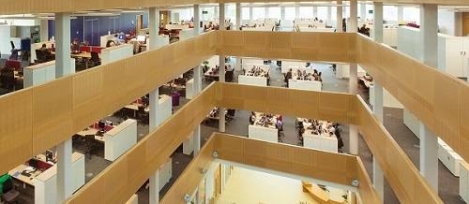
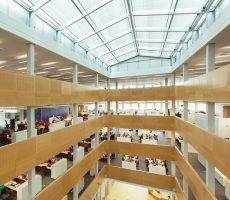

 When former Google employee Marissa Mayer joined Yahoo as its CEO in 2012, she inherited the company’s vast problems. Though it was once seen as one of the first tech behemoths, Yahoo’s inability to come up with ground breaking products like Google and others, put it in a slow, steady decline. Mayer was immediately tasked with trying to reinvigorate the stagnating company. Her focus was to find a way to identify and retain talent, while phasing out ineffective employees. However, Yahoo’s new management policies have brought about much debate and criticism from HR experts. A controversial book by journalist Nicholas Carlson titled “Marissa Mayer and the Fight to Save Yahoo!” paints a highly critical view of Mayer’s first years as CEO. In response others have defended her, arguing that she has done the best she can with the resources available, but has become a scapegoat for poor management, like so many other women in powerful positions.
When former Google employee Marissa Mayer joined Yahoo as its CEO in 2012, she inherited the company’s vast problems. Though it was once seen as one of the first tech behemoths, Yahoo’s inability to come up with ground breaking products like Google and others, put it in a slow, steady decline. Mayer was immediately tasked with trying to reinvigorate the stagnating company. Her focus was to find a way to identify and retain talent, while phasing out ineffective employees. However, Yahoo’s new management policies have brought about much debate and criticism from HR experts. A controversial book by journalist Nicholas Carlson titled “Marissa Mayer and the Fight to Save Yahoo!” paints a highly critical view of Mayer’s first years as CEO. In response others have defended her, arguing that she has done the best she can with the resources available, but has become a scapegoat for poor management, like so many other women in powerful positions.
 1 The next big thing in office design is not what you think but is certainly a sign of the times, according to a story in Inc; it is
1 The next big thing in office design is not what you think but is certainly a sign of the times, according to a story in Inc; it is 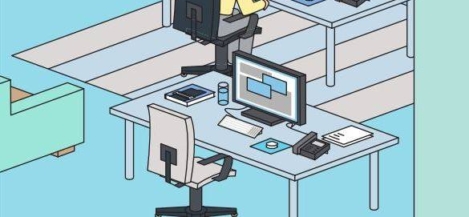
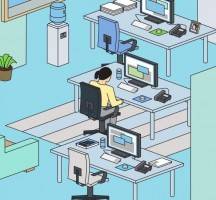 Gensler has announced the results of its Workplace Survey 2016 for both
Gensler has announced the results of its Workplace Survey 2016 for both 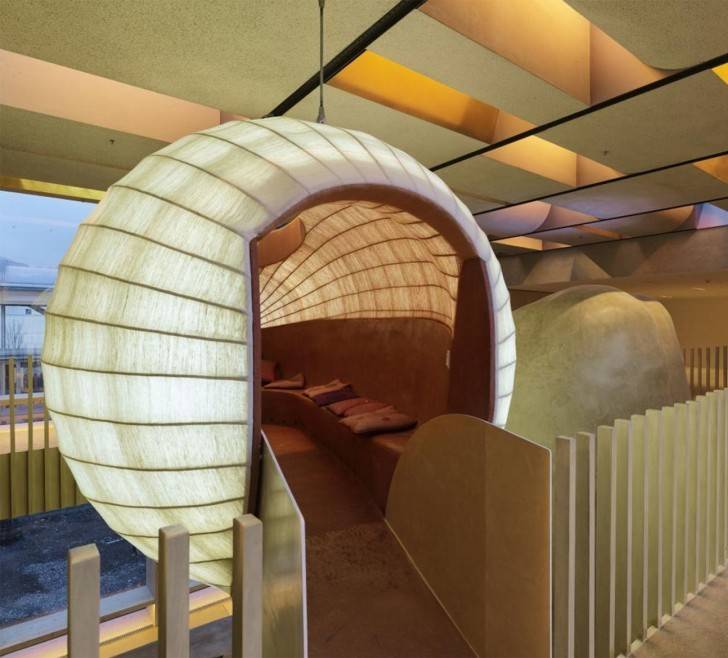
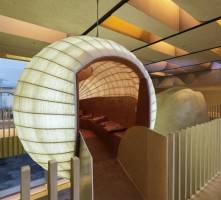 The shortlist for
The shortlist for 
 It was Frank Lloyd Wright who said ‘a doctor can bury his mistakes but an architect can only advise his clients to plant vines’. His words will be ringing in the ears of London planners who have decided they need to do something about the blight of Rafael Viñoly’s reviled Walkie Talkie building at 20 Fenchurch Street, according to
It was Frank Lloyd Wright who said ‘a doctor can bury his mistakes but an architect can only advise his clients to plant vines’. His words will be ringing in the ears of London planners who have decided they need to do something about the blight of Rafael Viñoly’s reviled Walkie Talkie building at 20 Fenchurch Street, according to 









September 5, 2016
We’re only just beginning to understand the issue of indoor air quality 0
by Paul McLaughlin • Cities, Comment, Facilities management, Wellbeing
More →